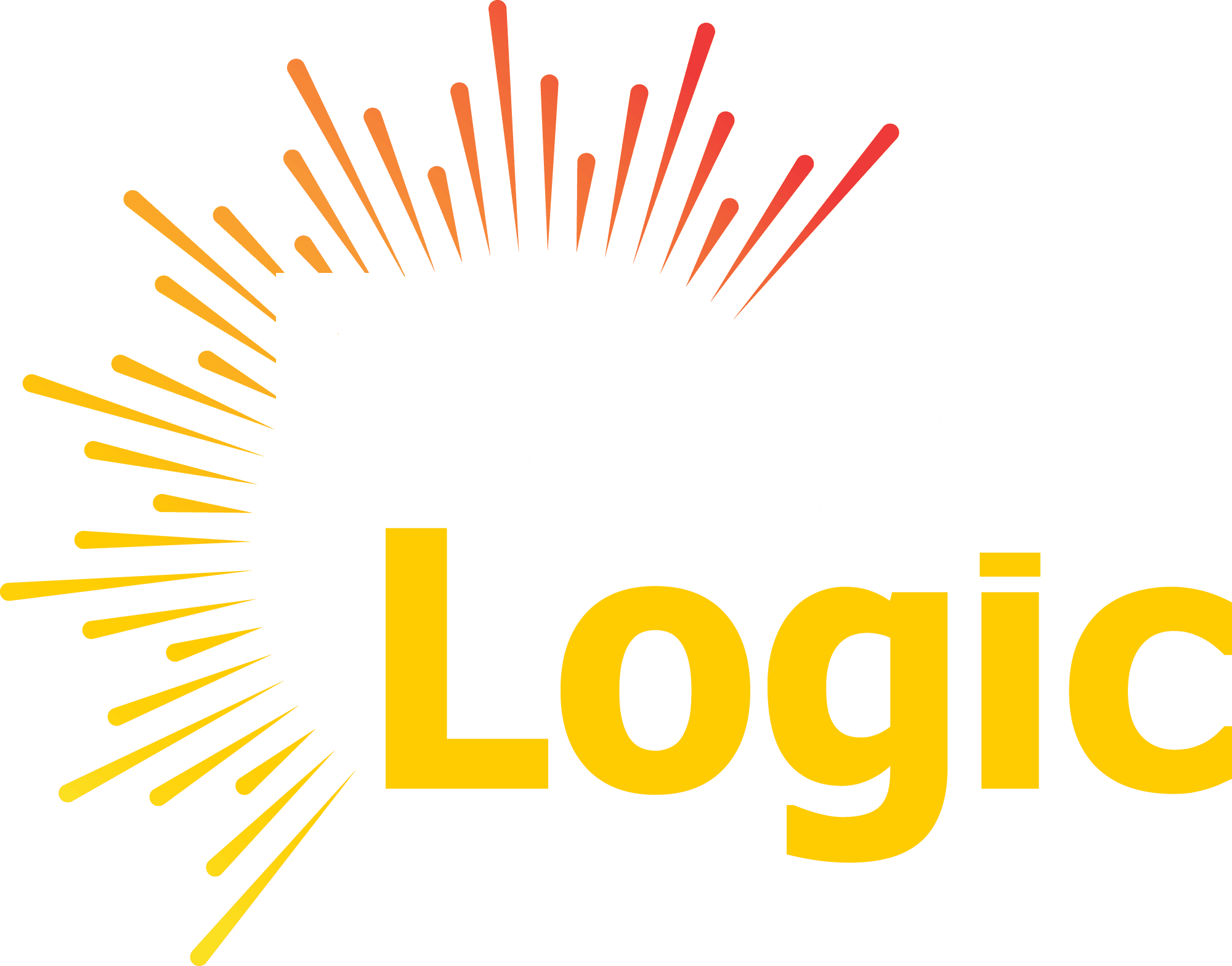In the expansive realm of digital information, where an abundance of diverse data exists, the skill to locate desired information swiftly is essential. Search engines play a pivotal role in this quest for relevant information, but their effectiveness hinges on the quality of the search results they deliver. For businesses like Partslogic, ensuring high-quality, relevant search results is not just a preference but a necessity.
This article explores crucial tips and tactics aimed at boosting search relevance for Partslogic, aiming to deliver users an unmatched search journey.

Table of Content
- Why Relevant Results Matter
- Tips for High-quality Search Relevant Results
- Don’t Fix Issues Locally, Think Global
- Always Explain the Search Results
- Be Careful With Language-specific Techniques
- Use Business Data in Your Relevance
- Personalize the Ranking for Each User
Why Relevant Results Matter
Imagine searching for a crucial component for your production line or a rare spare part for your vintage car. You enter your search question into a search engine, eager to quickly find the perfect match. However, as you sift through the results, you’re bombarded with irrelevant listings, outdated information, and unrelated products. It’s frustrating, isn’t it?
This scenario underscores the importance of relevant search results. When you seek something, your aim is to pinpoint exactly what you need—nothing more, nothing less. Relevant outcomes streamline the search, conserving your time, energy, and perhaps even finances. They enhance the user experience, boost productivity, and contribute to overall satisfaction.
Tips for High-quality Search Relevant Results
Structure your data
Structuring your data effectively lays the foundation for relevant search results. Consider this: when users search for specific products or information on your site, they expect to find organized and easily accessible results.
An example will help you understand. Say you operate a website that sells automotive parts site search online. Instead of presenting your product information in an unstructured manner, you meticulously categorize each item based on make, model, year, and compatibility. By adhering to standardized schemas such as Schema.org, By furnishing search engines with valuable metadata, you empower them to grasp the context and significance of your content.
<div itemscope itemtype=”https://schema.org/Product”>
<span itemprop=”brand”>Brand Name</span> –
<span itemprop=”name”>Product Name</span>
<img itemprop=”image” src=”product-image.jpg” alt=”Product Image”>
<span itemprop=”description”>Product Description</span>
<span itemprop=”sku”>Product SKU</span>
<span itemprop=”offers” itemscope itemtype=”https://schema.org/Offer”>
Price: <span itemprop=”priceCurrency” content=”USD”>$</span>
<span itemprop=”price”>Product Price</span>
</span>
</div>
}
By structuring data in this manner, PartsLogic enables its search engine to deliver precise and relevant results to users, enhancing the overall search experience.
Handle typo-tolerance
In the realm of search, typos and misspellings are par for the course. Whether due to haste, oversight, or simple human error, users often mistyped their questions, leading to potential mismatches between search intent and results.
Yet, a search engine equipped with strong typo-tolerance capabilities can effectively overcome this obstacle. By employing algorithms that account for common misspellings, phonetic variations, and contextual clues, search engines can decipher user intent even when the input is less than perfect.
For instance, let’s say a user searches for “brake pad” but accidentally types “brake pad.” A search engine with typo-tolerance functionality would recognize the error and return results related to brake pads, thereby minimizing frustration and maximizing relevance.
Don’t Fix Issues Locally, Think Global
When optimizing search relevance, it’s essential to adopt a global mindset. You should take a holistic approach to your search ecosystem rather than addressing issues one by one. Analyze patterns and trends in user behavior, search questions, and results to identify systemic issues that affect relevance. By addressing root causes and implementing systemic solutions, you can elevate the overall quality of search results across your platform.
Instead of tackling search relevance on a case-by-case basis, take a step back and evaluate your website’s overall content strategy. Are you consistently crafting top-notch, pertinent content that caters to the needs and interests of your desired audience? Prioritizing the creation of valuable content throughout your entire website can enhance overall search relevance and deliver users a more fulfilling search journey.
Stop thinking about “boost”
While boosting certain search results can seem tempting, especially for promotional purposes, it’s crucial to prioritize relevance over manipulation. Instead of artificially inflating the ranking of specific results, focus on enhancing their inherent relevance to the user’s question. By fine-tuning your search algorithms and leveraging user feedback, you can organically elevate the visibility of pertinent results without compromising integrity.
In the world of search engine optimization (SEO), the concept of “boost” often comes up in discussions about improving search rankings. While it’s true that certain tactics can temporarily boost your website’s visibility in search results, focusing solely on short-term gains can be counterproductive in the long run.
Instead of pursuing shortcuts or attempting to manipulate algorithms, prioritize crafting top-notch content that authentically meets the needs of your audience. By prioritizing relevance and value over shortcuts and tricks, you can build a sustainable foundation for long-term success in search engine rankings.
Always Explain the Search Results
Transparency helps to build trust and gives decision-makers the ability to act with informed knowledge. Provide clear explanations for why certain results appear higher in the rankings whenever possible. Whether it’s based on relevance, popularity, or other factors, disclosing the rationale behind search results enhances user understanding and satisfaction. PartsLogic, for instance, could accompany search results with brief explanations highlighting relevance factors like compatibility, popularity, or user ratings.
Sometimes, your search results may seem satisfactory, but users might perceive them as inadequate due to a lack of explanation regarding the match. While visually highlighting matching question terms is the most effective and intuitive method to explain search results, there are two common scenarios where this explanation is often lacking:
Searching in Multiple Attributes with Static Display: In this scenario, searching across multiple attributes but only displaying one statically can lead to confusion. For example, if the question “Tesla” returns “Elon Musk” as a result, it’s beneficial to also display the matching attribute, such as “CEO: Elon Musk.” This additional information ensures clarity, especially for users who may not be familiar with Elon Musk.
Matching via a Typo: When a search result is a match for a question due to a typo, it can be challenging for users to identify where the typo occurred. Highlighting the matched term visually is immensely helpful in quickly directing the user’s attention to the relevant portion of the result, aiding in understanding the match more efficiently.
Think twice before removing stop words
Stop words, such as “and,” “or,” and “the,” may seem inconsequential, but they can significantly impact search relevance. While it may be tempting to exclude stop words to streamline searches, consider their contextual relevance. In certain questions, stop words carry semantic search and contribute to the user’s intent. Conduct a thorough analysis to determine the impact of removing stop words on search results before making any adjustments.
There are entries that are complex to find
Some entries defy conventional search logic and require specialized handling. Whether it’s niche products, technical documentation, or obscure content, these entries pose unique challenges to search relevance. To address such complexities, employ advanced search techniques like faceted search navigation, semantic search, and synonym search recognition. By understanding the intricacies of these entries and tailoring search algorithms accordingly, you can improve discoverability and relevance for even the most elusive content.
Ensuring a seamless user experience (UX) is paramount, especially when dealing with complex questions like the TV show “V.” Through extensive testing, we’ve discovered that initiating the search from the first character typed yields the best results. Any heuristic delaying the question until after a certain number of letters (N) leads to a suboptimal UX and decreased conversion rates.
Additionally, prioritizing exact matches over prefixes is crucial due to the potential abundance of words starting with “V” in your dataset. This approach minimizes confusion and ensures users find the specific content they’re searching for without unnecessary clutter or irrelevant suggestions.
Another challenge arises with questions involving symbols, such as the band “!!!.” Symbol usage presents a recurring issue across various search scenarios. Despite its prevalence, our system is adept at handling symbol-based questions effectively to provide users with accurate and relevant results.
Be Careful With Language-Specific Techniques
When it comes to language-specific techniques in search, there are several approaches you can take to enhance relevance. Three common techniques include stemming, phonetization, and lemmatization.
Stemming:
In order to improve search accuracy, words are stemmed down to their root forms. For example, if a user searches for “running shoes,” stemming would recognize variations like “run” and “runner,” ensuring that relevant results are returned regardless of the specific wording used.
Phonetization:
Phonetization focuses on capturing phonetic variations of words to accommodate different pronunciation styles. For instance, a search for “tire” might also include results for “tyre” to cater to users with different accents or dialects.
Lemmatization:
As a result of lemmatization, words are reduced to their base form, or lemma, which enables different inflections to be accounted for. For example, a search for “running” would also retrieve results for “run” and “ran,” ensuring comprehensive coverage of relevant content.
By implementing these language-specific techniques, you can enhance the precision and comprehensiveness of your search results, providing users with a more satisfying search experience.
Use Business Data in Your Relevance
Harnessing business data can provide invaluable insights into user preferences, market trends, and product dynamics, enriching search relevance. By integrating business data such as sales metrics, inventory levels, and customer feedback into your search algorithms, you can tailor results to align with commercial objectives and user expectations. For example, PartsLogic could prioritize search results based on product availability, customer reviews, or promotional campaigns to drive conversion and customer satisfaction.
Personalize the Ranking for Each User
No two users are alike, so why should their search results be? Embrace customization to provide search experiences uniquely crafted to match individual preferences and behaviors. By leveraging user data, browsing history, and past interactions, you can customize search rankings to reflect each user’s unique context and interests. Whether it’s recommending relevant products, surfacing personalized content, or adjusting result rankings based on user feedback, personalization enhances engagement and satisfaction across the board.
At PartsLogic, we understand the pivotal role that relevant search results play in enhancing the user experience and driving customer satisfaction. That’s why we’re always working to enhance our search capabilities, ensuring we provide the most precise and relevant results imaginable.
Next time you’re in need of automotive components, power tools, or industrial equipment, try our site search feature to experience the difference firsthand. With our commitment to excellence and dedication to relevance, PartsLogic is your ultimate destination for top-notch search results.
In conclusion, achieving high-quality, relevant search results requires a strategic blend of technical prowess, user-centric design, and continuous optimization. By structuring data effectively, embracing typo tolerance, adopting a global mindset, prioritizing relevance, providing transparency, and leveraging advanced techniques, you can elevate your search relevance game and deliver exceptional user experiences.
Having trouble finding relevant results for your site search? Get clarification on all your questions by contacting our support team via our Request Form. Our experts are ready to assist you at PartsLogic. Our blog section is a great resource if you need more information on Site search.





